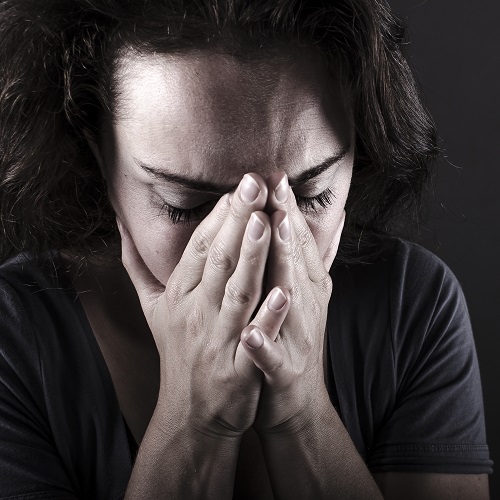27 July 2020
 When one in six Australian women report experiencing physical and/or sexual violence – and one in four report emotional abuse – by a current or previous cohabiting partner since the age of 15, you know there is a problem.
When one in six Australian women report experiencing physical and/or sexual violence – and one in four report emotional abuse – by a current or previous cohabiting partner since the age of 15, you know there is a problem.
But when it comes to discussions around the impact of that violence on women’s mental health, all too often their trauma is pathologised, with a focus on fixing the individual, rather than homing in on the significant societal issues that allow the abuse to happen in the first place.
University of South Australia researcher and expert in gendered violence and women’s mental health Professor Nicole Moulding says we need a completely new approach to women’s mental health following intimate partner violence (IPV) and coercive control, one that sees a woman’s distress as a normal response, in a society where gender inequalities and biases underpin that violence.
“When women experience psychological and emotional distress in response to IPV – and this can continue for a long time after leaving – it is generally understood and categorised as ‘trauma’, ‘anxiety’ or ‘depression’,” she says.
“But this serves to detach the distress from the violence and control that caused it and casts the woman survivor of that violence as having the ‘problem’, her problem, that she must now manage and recover from.
“Even if there is some understanding that the violence caused the distress, she nonetheless becomes defined as psychologically unwell and damaged.
“We need to reframe women’s mental health after IPV by looking at wellbeing in its social context to understand that the distress from violence is actually very normal, not diagnosable.
“We need to lift our gaze from the woman to all that surrounds her that allows the abuse to happen in the first instance.”
In a recently published paper, Prof Moulding and her colleagues draw on responses from a large national study to gain an understanding of women’s experiences of IPV and the far-reaching effects it has on their lives.
The study showed that while almost three quarters of women described good psychological well-being prior to IPV, more than half the women surveyed were diagnosed with a mental illness after IPV.
Professor Mould says one of the important findings of the study is the interconnected impacts of IPV on mental health, housing, employment, and social participation – what she calls key domains of citizenship.
“IPV often amounts to an assault on women’s citizenship into the long term, stopping them from exercising their rights across all areas of citizenship,” she says.
“When people have good mental health, decent housing, satisfying employment, and sufficient income and can be socially connected to others, they can participate properly and equally in society as full citizens.
“When we respond to women who are struggling with mental health as a result of IPV, we need to look beyond medication and counselling to make sure they have access to decent housing, quality low-cost or free childcare so that satisfying work is possible, and support groups and other local community services to reduce isolation.
“If you look at one domain alone – such as mental health – as if it is a silo, you don’t see the compounding nature of the impact of IPV across all aspects of a women’s life.”
Prof Moulding says IPV will not decrease – and women will not take their place as full and equal citizens – until the gender inequality that enables gendered violence is addressed.
“There also needs to be widespread education in our community about the nature of violence against women and its impact,” she says.
“We have to understand, as a society, that the position women survivors of partner violence find themselves in is a consequence of gendered ideas about men and women and related unequal power relations, which enable the violence in the first place and are subsequently reinforced by the violence continuing to happen.”
Media contact: Rosanna Galvin mobile +61 434 603 457 email rosanna.galvin@unisa.edu.au




